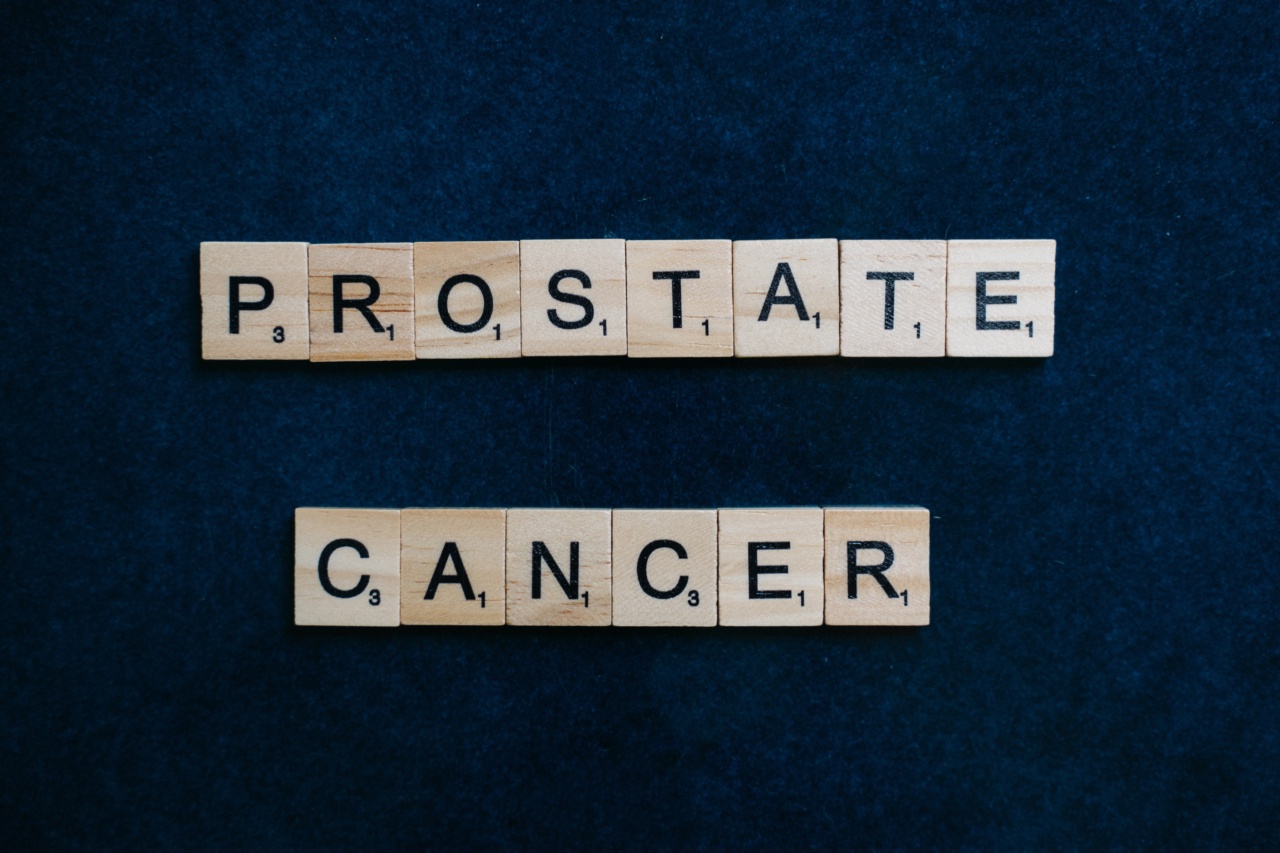Prostate cancer is a common type of cancer that affects the prostate gland in men. According to the American Cancer Society, it’s estimated that in 2021, there will be about 248,530 new cases of prostate cancer in the United States.
However, the good news is that there are some preventive measures men can take to reduce their risk of developing prostate cancer. Here, we will discuss everything you need to know about prostate cancer prevention.
What Is Prostate Cancer?
Prostate cancer is a type of cancer that occurs in the prostate gland. The prostate gland is a small, walnut-shaped gland located below the bladder in men. It produces fluid that helps protect and nourish sperm.
Prostate cancer occurs when the cells in the prostate gland start to grow uncontrollably. These cells can also spread to other parts of the body, such as the bones and lymph nodes.
Risk Factors for Prostate Cancer
There are several risk factors that can increase a man’s risk of developing prostate cancer. Some of these risk factors include:.
- Age: The risk of prostate cancer increases with age. Most cases of prostate cancer occur in men over the age of 50.
- Family history: Men who have a family history of prostate cancer are at an increased risk of developing the disease.
- Race: Prostate cancer is more common in African American men than in men of other races.
- Diet: A diet high in red meat and dairy products may increase the risk of prostate cancer.
- Obesity: Being overweight or obese may also increase the risk of prostate cancer.
Prostate Cancer Prevention
While there is no guaranteed way to prevent prostate cancer, there are some steps men can take to reduce their risk of developing the disease.
1. Maintain a Healthy Diet
Eating a healthy diet that is low in saturated fat and high in fruits and vegetables, whole grains, and lean protein sources may help reduce the risk of prostate cancer.
Some studies suggest that a diet high in lycopene, which is found in tomatoes, may have a protective effect against prostate cancer.
2. Stay Physically Active
Regular physical activity may help reduce the risk of prostate cancer. Aim for at least 30 minutes of moderate exercise most days of the week, such as brisk walking, cycling, or swimming.
3. Maintain a Healthy Weight
Being overweight or obese may increase the risk of prostate cancer. Maintaining a healthy weight through diet and exercise may help reduce the risk of developing the disease.
4. Limit Alcohol Consumption
Drinking alcohol in moderation may be safe for most people, but excessive alcohol consumption can increase the risk of prostate cancer. Men should limit their alcohol intake to no more than two drinks per day.
5. Don’t Smoke
Smoking is a known risk factor for several types of cancer, including prostate cancer. Quitting smoking may help reduce the risk of developing prostate cancer, as well as other health problems.
6. Get Regular Prostate Exams
Men should talk to their healthcare provider about getting regular prostate exams. These exams can help detect prostate cancer in its early stages, when it is easier to treat.
Conclusion
Prostate cancer is a common type of cancer that affects men. While there are some risk factors that are out of our control, such as age and family history, there are some steps men can take to reduce their risk of developing the disease.
By maintaining a healthy diet, staying physically active, maintaining a healthy weight, limiting alcohol consumption, not smoking, and getting regular prostate exams, men can take control of their health and reduce their risk of prostate cancer.






























